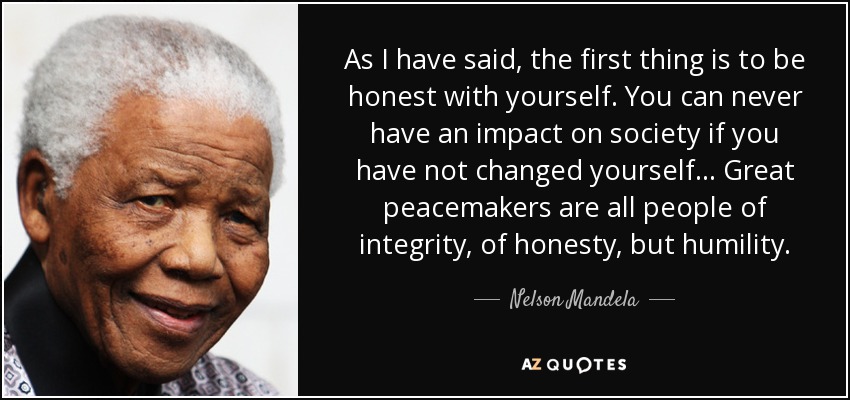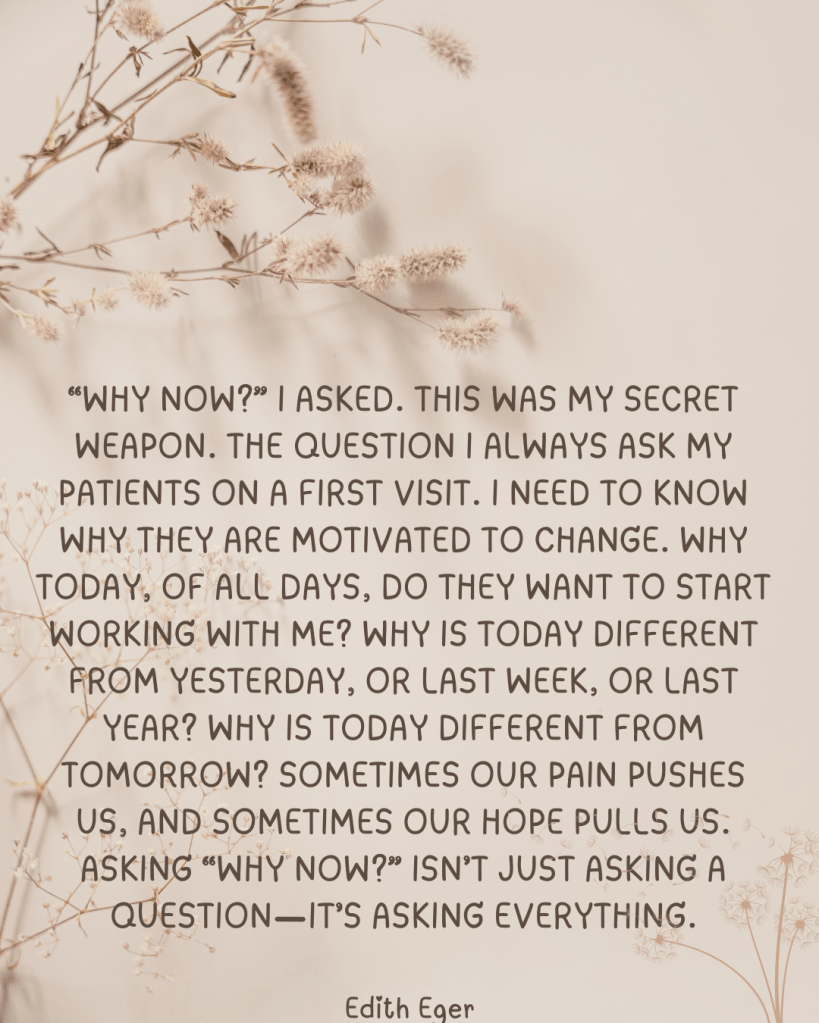contributed by Rehana
Empowering your Mental Health
contributed by Rehana
contributed by Rehana

We all carry both of these inside us. Graciousness flows from a place of security and compassion. Harshness often comes from fear and pain we haven’t examined. Both can speak truth—but only one opens doors. Research shows gracious communication builds real connection and lasting growth. The beautiful part? You get to choose, every single day, in every moment.

Photo by Anna Saveleva on Unsplash
C.S. Lewis captured something beautiful: “Humility is not thinking less of yourself; it’s thinking of yourself less.”
Gracious people have made peace with themselves enough to genuinely see you. They’re not performing kindness—they’re genuinely curious about your life, your struggles, what matters to you.
Research: Leaders with gracious communication see higher employee engagement and retention. People with emotional intelligence naturally communicate with grace because they’ve learned to recognize pain in others.
Maya Angelou wrote: “There is no greater agony than bearing an untold story inside you.” When someone listens to you—really listens, honors your experience—it changes something. It says: you matter. That’s not weakness. That’s profound power.
Marshall Rosenberg understood something important: “All violence is the expression of unmet needs.”
Harsh people aren’t bad people. They’re usually people who are hurting. Maybe they were hurt themselves and learned that toughness means survival. Maybe they’re afraid—of weakness, of losing control, of not being enough. So they build armor out of sharp words.
Research: Harsh language activates the threat-detection center in people’s brains. When someone feels attacked, they can’t actually hear you—they’re just trying to protect themselves. Harsh parenting correlates with anxiety and depression in children, not growth. Harsh leadership gets short-term compliance but builds long-term resentment and burnout.
The painful truth: harshness usually comes from unhealed wounds, not strength. If you recognize yourself here, that’s not a character flaw. It’s an invitation to understand what’s really going on inside you.


Edith Eger is a Hungarian-born psychologist and Holocaust survivor known for her work on trauma and resilience.
Background: Born in 1927 in Kossice, Hungary, she was deported to Auschwitz as a teenager during World War II. After surviving the Holocaust, she emigrated to America and became a licensed clinical psychologist.
Career and impact: Eger practiced psychotherapy for decades, focusing on trauma recovery for Holocaust survivors and others facing severe trauma. Her approach emphasizes personal responsibility, forgiveness, and finding meaning after suffering.

In meditation there is no conclusion behind it. You are not doing anything in particular, you are simply being. It has no past to it, it is uncontaminated by the past. It has no future to it, it is pure of all future. It is what Lao Tzu has called wei-wu-wei, action through inaction. This is what Zen masters have been saying: “Sitting silently doing nothing, the spring comes and the grass grows by itself.” Remember, “by itself” – nothing is being done. You are not pulling the grass upward; the spring comes and the grass grows by itself. That state – when you allow life to go on its own way, when you don’t want to direct it, when you don’t want to give any control to it, when you are not manipulating, when you are not enforcing any discipline on it – that state of pure undisciplined spontaneity is what meditation is.
–Osho from The Heart Sutra: Becoming a Buddha through Meditation